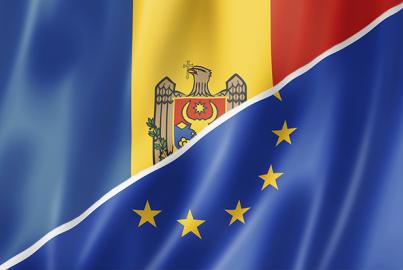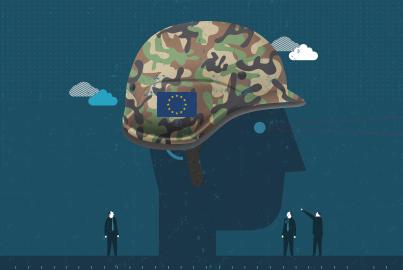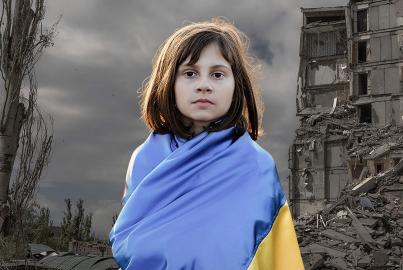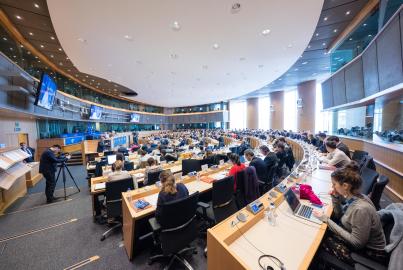EU 2004 enlargement: a miracle of freedom
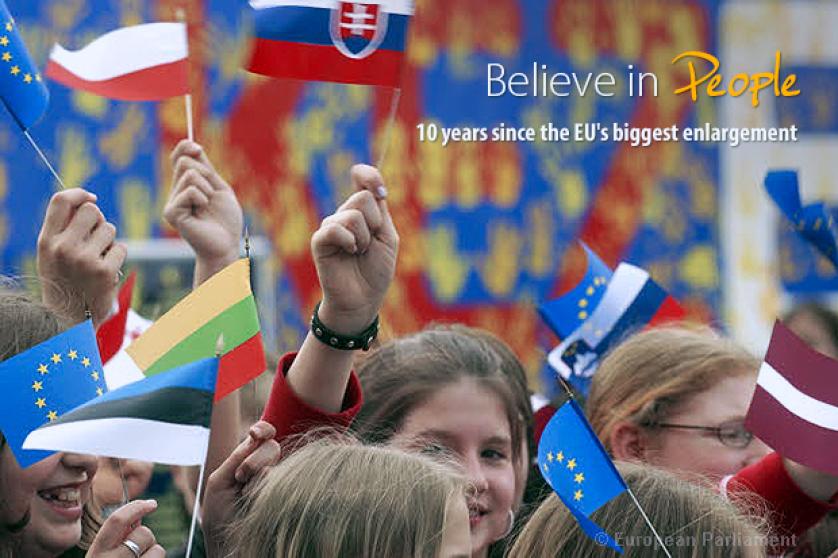
10 years ago, on 1 May 2004, Estonia, Latvia, Lithuania, Poland, Hungary, the Czech Republic, Slovakia, Cyprus, Malta and Slovenia joined the European Union. It was the biggest EU widening ever.
For most of those countries, EU membership meant a fully-fledged return to their righful place, as people of these countries, despite years of totalitarian rule, have never stopped claiming they belonged to Europe. The membership led to a shift in people’s minds and changes in the way of life. For countries of former communism, it was a means to regain their freedom and life in dignity they were denied for nearly 50 years.
For Europe it was a unique opportunity to unify a divided continent and to extend the peace project, the raison d’être of European Union, over the major part of the continent and continuing to build the entire continent on the same set of values: democracy, the rule of law, and the respect of fundamental freedoms and rights.
10 years of EU membership - a success story
For candidate countries EU accession was not achieved without efforts, as it required a decade of reforms necessary for implementing the so called ‘acquis’, convincing citizens that were scared of the idea of opening the market, and overcoming reluctance in Member States towards enlargement.
“When we joined the EU there were fears it would undermine our national identity, but in fact the reality proved completely different. The EU helped us ensure international recognition for our cultural heritage. It also helped to restore a number of cultural sites ruined by totalitarian regimes. The membership in the EU brought Lithuania back to Europe”, said MEP Radvilė Morkūnaitė-Mikulėnienė.
6 out of 10 countries that have joined in 2004 became euro zone members, with Lithuania aiming at the entering the euro zone as one of its next goals
The efforts paid off, both politically and economically. 6 out of 10 countries that have joined in 2004 became euro zone members, with Lithuania aiming at the entering the euro zone as one of its next goals.
These years have brought both highs and lows for Latvia, but the majority of the public is confident that the European Union has given us pportunities and new prospects. It is clear that with a united Europe we can achieve great things! Sandra Kalniete
“Ten years ago the repercussions of the forceful division of Europe during World War II were overcome; Europe was again united through the enlargement of the European Union. In these 10 years of unity, together we have achieved much more than would have been possible individually. These years have brought both highs and lows for Latvia, but the majority of the public is confident that the European Union has given us opportunities and new prospects. It is clear that with a united Europe we can achieve great things!” said Sandra Kalniete, MEP and former Minister of Foreign Affairs of Latvia.
A boost to national economies
“Our entry to the EU finalised the huge effort of Polish transformation and at the same time was the beginning of our co-responsibility for Europe. Life showed the wisdom of the decision that Polish people took by integrating with Europe. Almost every day we can see that we can do more when it comes to solving problems more effectively, if we tackle them together, as 28 EU Member States, and not acting alone”, says MEP Danuta Hübner, Polish minister for European Affairs at the time of the enlargement and first Polish EU commissioner.
Almost every day we can see that we can do more, when it comes to solving problems more effectively, if we tackle them together, as 28 EU Member States, and not acting alone Danuta Hübner
During the last decade, Poland changed from a country that was perceiving the EU as means for realizing its own interests into a country which is more and more engaged with shaping the future of the EU. Its export of goods rose threefold and those of services by around 160 % while the value of foreign investment in Poland rose almost by a half up to 46% of Polish GDP.
The great 2004 EU widening has contributed, contrary to some expectations, to a deeper, more complete and dynamic, politically and economically stronger Europe Jacek Saryusz-Wolski
“The great 2004 EU widening has contributed, contrary to some expectations, to a deeper, more complete and dynamic, politically and economically stronger Europe. We knew back then, when in the 90s we were negotiating the Polish accession, that enlargement would bring change to our country, a change for the better, bringing us back into the heart of the European continent. Today we cannot imagine not being part of the EU and we, the Poles, are proud to contribute to shaping its future”, underlined MEP Jacek Saryusz-Wolski, first negotiator in chief of Polish EU Membership.
Improved health and safety standards and better education
From the East to the South, the benefits of being a part of the EU became tangible. Malta for instance, thanks to EU accession, has gained a seat at the table at par with big and influential states like Germany, France and Britain. Its businesses became able to compete in this new and more challenging environment. It has adopted the euro in January 2008 and since EU accession the Maltese started identifying themselves as Europeans. Principles of gender equality and anti-discrimination are more accepted in Malta than they were 10 years ago. The EU has raised standards on health and safety and food hygiene. It has also made it possible for Maltese students to embark on Erasmus programmes.
The EU has raised standards on health and safety and food hygiene
“In Lithuania the EU funding helped us implement many meaningful projects, including Panevezys and Siauliai arenas, sports school in Pasvalys, Vilnius Western bypass, Jakai roundabout crossing in Klaipėda as well as building one of the largest and most modern libraries in the Baltic countries, the Scholarly Communication and Information Centre of Vilnius University. The EU money also contributed to the renovation of more than five hundred buildings of public significance, such as schools, libraries and hospitals, to the reconstruction and development of more than 150 water treatment and waste water management systems. Another part of the EU support we receive indirectly through creating new jobs and enhancing companies’ competitiveness, developing the competencies of employees, developing health and education services, preserving our cultural heritage”, says Radvilė Morkūnaitė-Mikulėnienė.
EU provides for unlimited education and carrier possibilities ni Lithuania. Over 20.000 Lithuanian students have already benefited from short-term study programmes in different EU countries Radvilė Morkūnaitė-Mikulėnienė
“The freedom of movement across the EU allows us to travel freely, work, study and spend our holidays not only in Lithuania, but also in other EU countries. EU provides for unlimited education and carrier possibilities in Lithuania. Over 20.000 Lithuanian students have already benefited from short-term study programmes in different EU countries”, she adds.
Solidarity with all European countries sharing European values
EU accession is an opportunity which is strictly linked to European values of democracy, rule of law and fundamental freedoms and rights. That is why, strenghtened by the experiences of its past enlargement, the EU should not hesitate to share these values with its partners and neighbours and, based on its own capacities, keep its doors open for all those European countries that aspire to join and are ready to fulfil all the conditions.
In light of the recent crisis in Ukraine, the EU will, more than ever, need an effective common foreign, security and energy policy, based on solidarity Tunne Kelam
“The European Union is founded on the principles of solidarity. Solidarity means one for all and all for one. Estonia saw that in 2007 during the Bronze Soldier crisis, when the rest of the EU rallied to the side of its new Member State to show support. In the light of the recent crisis in Ukraine, the EU will, more than ever, need an effective common foreign, security and energy policy, based on solidarity. In order to successfully address enormous new challenges, the EU needs once again true European statesmen of the calibre of Adenauer, Schuman and de Gasperi. We should actively seek such leaders, casting aside preconceptions and prejudices”, concluded Estonian MEP Tunne Kelam.
MEP Contacts


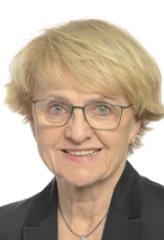
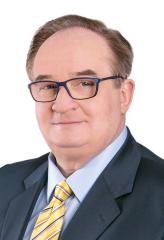
Other related content
6 / 54
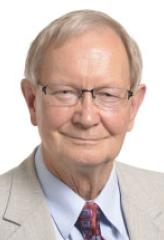
![City of Istanbul [nid:42653]](https://www.eppgroup.eu/sites/default/files/styles/teaser_blue/public/photo/2013/04/137192220.jpg?itok=Mys8CUWL)
